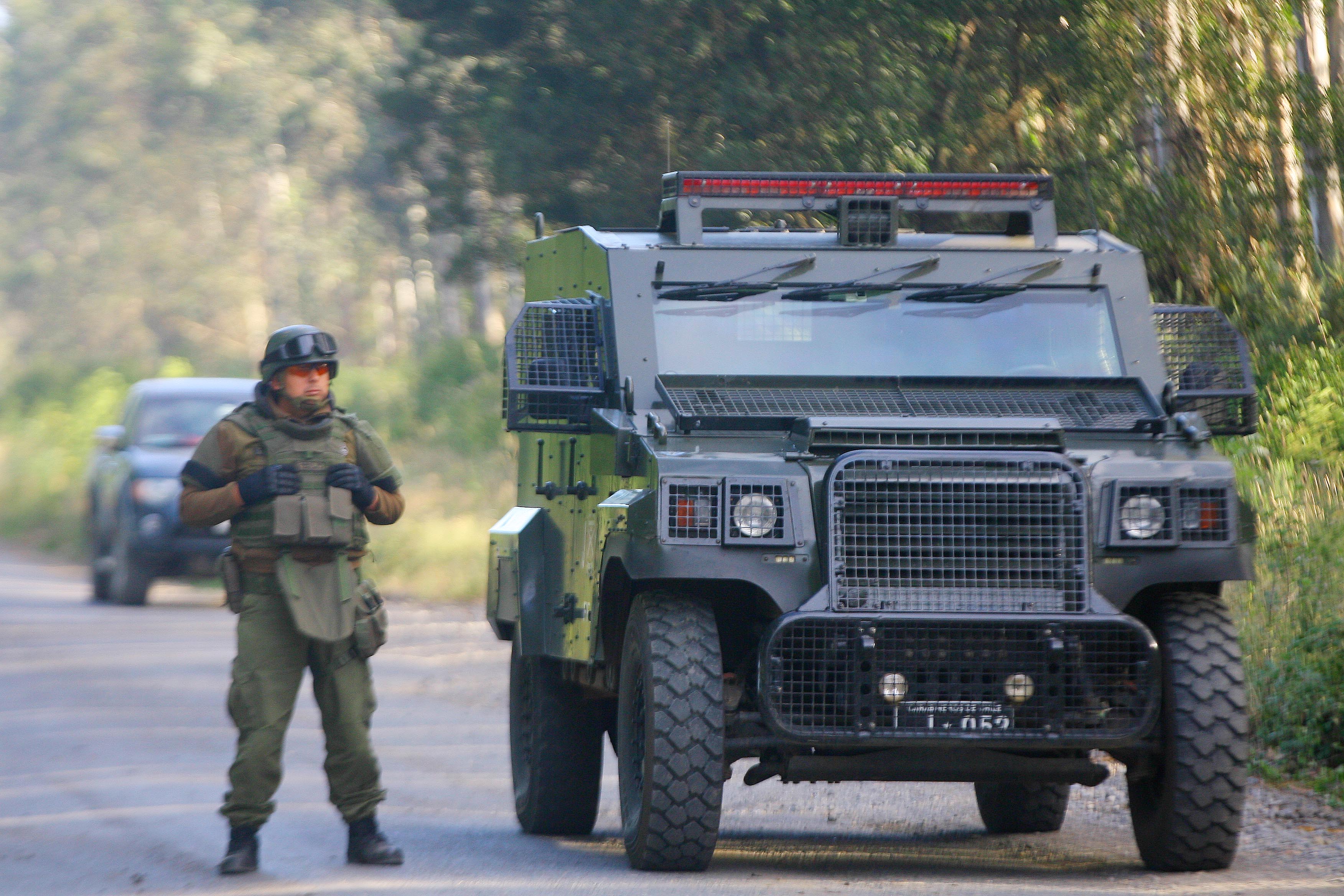Interior Minister Carolina Tohá; Deputy Interior Minister Manuel Monsalve; and Defense Minister Maya Fernández arrived at the National Congress to request an extension of the State of Exception in the Southern Macrozone and the continuation of measures involving the Armed Forces in border areas, more commonly known as "critical infrastructure."
With 96 votes in favor, 36 against, and 3 abstentions, the Chamber of Deputies approved another extension of the State of Exception in the Araucanía Region and the provinces of Arauco and Biobío (in the Biobío Region), marking one year since the measure was first implemented.
This is the 24th extension, and this time, UDI lawmakers unanimously rejected the Executive's request, demanding a state of siege in the Southern Macrozone, arguing that the measures taken so far have been insufficient.
Henry Leal (UDI), representative of La Araucanía, stated before voting: "It's been a year of disappointment—a constant disappointment every 15 days, where improvements are announced while attacks continue to rise."
"Families traveling along Route 5 South, when they reach Ercilla, have to lie flat in their seats out of fear of being hit by a bullet. I invite those living in La Moneda to take a drive through Ercilla and Collipulli in their own cars, without police protection, so they can feel the fear we experience. The State of Exception is useless and does not solve our problems."
Along the same lines, Marlén Pérez (IND-UDI), representative of the Biobío Region, said: "We are tired of not being heard by the government. There has been an escalation of violence—no longer just against property, but against people."
In response to the UDI's threat, Secretary Monsalve stated: "We cannot step back. Rejecting the State of Exception would be a major setback in terms of security, which we must guarantee for the people living in the Southern Macrozone." Critical Infrastructure This is the first time parliamentary approval has been required to continue the deployment of the Armed Forces in the borders of the Northern Macrozone, where they are handling migration control in areas overwhelmed by illegal crossings, particularly in the regions of Arica and Parinacota, Tarapacá, and Antofagasta.
The measure was enacted on February 21 and can last up to 90 days, with possible renewals as long as the "grave or imminent" danger that justified its implementation persists. This time, the Lower Chamber approved the extension with 131 votes in favor, four against, and one abstention. Now, both bills will move to the Senate and be put to a vote in the chamber later today.
Source:www.Emol.com







Comentarios (0)
No hay comentarios aún. ¡Sé el primero en comentar!
Deja un comentario